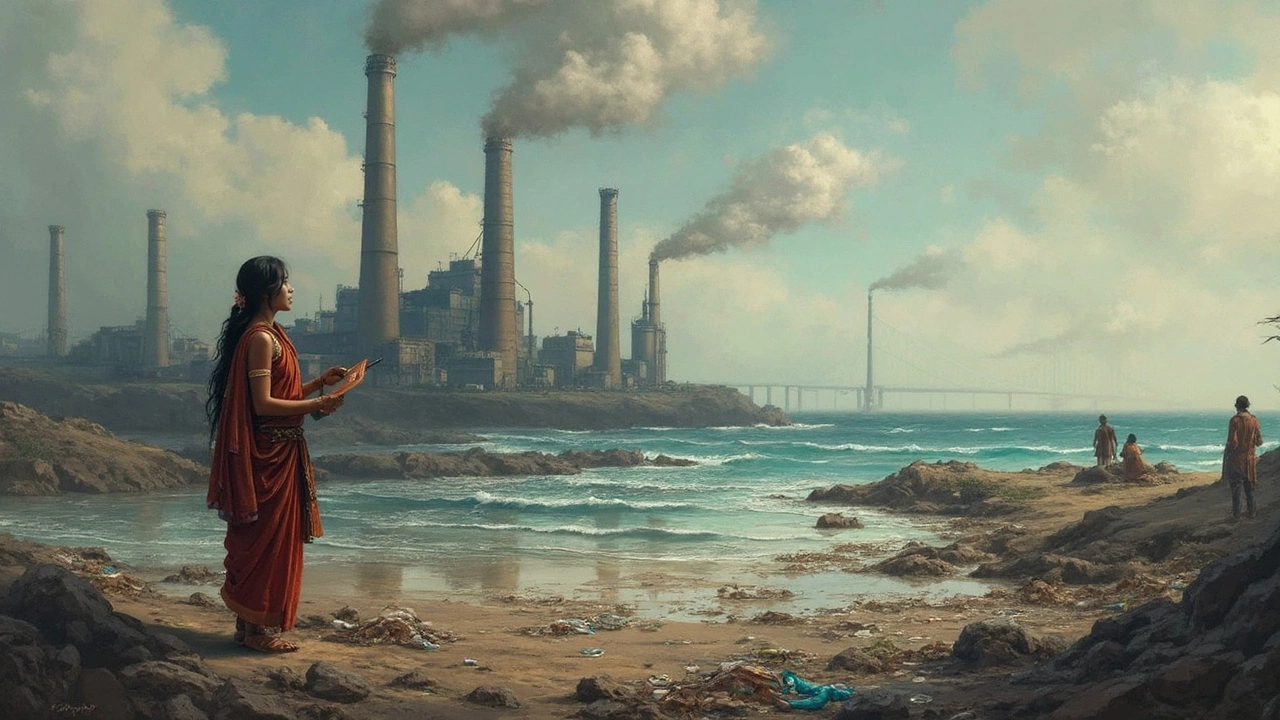Ocean Waste Explained: What It Is and Why It Matters
When you hear "ocean waste" you probably picture plastic bags floating on the water. In reality, it’s a mix of plastic, metal, glass and even tiny particles that seep into every corner of the sea. This trash harms marine life, hurts fishing and tourism, and even makes its way back onto our plates. Understanding the problem is the first step to fixing it.
How Ocean Waste Affects Industries
Manufacturers often think their waste stays on land, but runoff and improper disposal send debris straight to rivers and then the ocean. Food processors, for example, generate packaging waste that can end up in coastal waters if not managed right. The same goes for chemicals from factories, which can poison marine ecosystems and damage the reputation of whole sectors.
Shipping companies also play a part. Lost cargo containers and oil spills add to the mess, making it harder for coastal communities to rely on clean water and healthy fish stocks. When the ocean gets dirty, tourism suffers – fewer beachgoers mean less revenue for hotels, restaurants and local vendors.
Simple Steps You Can Take Today
Start by cutting single‑use plastic. Use reusable bottles, bags and containers whenever possible. If you run a business, audit your packaging and switch to recyclable or biodegradable options. Small changes like these add up quickly.
Support clean‑up initiatives. Join a local beach clean‑up or donate to organizations that collect ocean debris. Even a weekend of picking up trash can prevent tons of waste from entering the water.
Proper disposal is crucial. Make sure hazardous waste, like batteries or chemicals, goes to designated collection points. Never dump anything down the drain – it can travel far downstream.
Educating others is a powerful tool. Share facts about ocean waste on social media, at work or with friends. The more people know, the more pressure there is on companies and governments to act responsibly.
Lastly, choose products with a lower environmental impact. Look for items that use minimal packaging, are made from recycled materials, or have clear end‑of‑life instructions. When you buy responsibly, you push manufacturers toward greener practices.
Ocean waste is a huge challenge, but it’s not impossible to tackle. By understanding how it spreads, recognizing its effects on industry and taking everyday actions, you become part of the solution. Every piece of plastic kept out of the sea makes a difference for marine life, the economy, and future generations.
